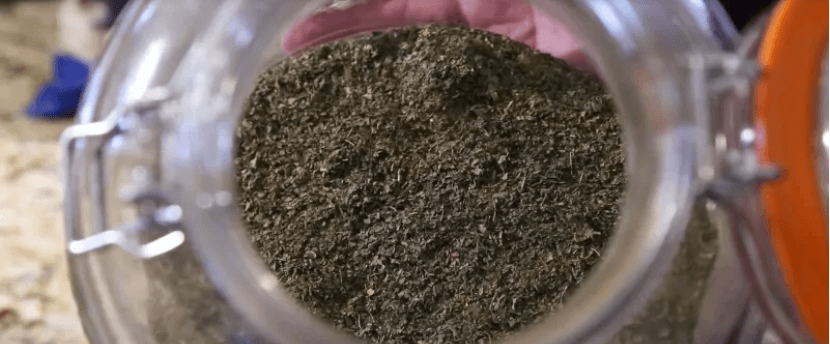- Over-the-Counter Drugs
- Prescription Drugs
The FDA has not approved Kratom for any medical use. In addition, DEA has listed kratom as a Drug and Chemical of Concern.
What is Kratom?
Kratom is a tropical tree native to Southeast Asia. Consumption of its leaves produces both stimulant effects (in low doses) and sedative effects (in high doses), and can lead to psychotic symptoms, and psychological and physiological dependence.
How is Kratom abused?
Mostly used by oral ingestion in the form of a tablet, capsule, or extract. Kratom leaves may also be dried or powdered and ingested as a tea, or the kratom leaf may be chewed.
How does Kratom affect a person?
Because of the unique mix of chemicals in Kratom, the short-term effects of the drug are complex and variable. The balance between stimulant-like and opiate-like effects depends on the dose taken, and different users have reported significantly different experiences with the drug even when taking the same dose. Effects can include increased energy and alertness, decreased appetite, increased sociability, heightened libido, analgesia, drowsiness, and cough suppression.
What are the health effects/risks of using Kratom?
Kratom’s effects on the body include nausea, itching, sweating, dry mouth, constipation, increased urination, tachycardia, vomiting, drowsiness, and loss of appetite. Users of kratom have also experienced anorexia, weight loss, insomnia, hepatotoxicity, seizure, and hallucinations.




